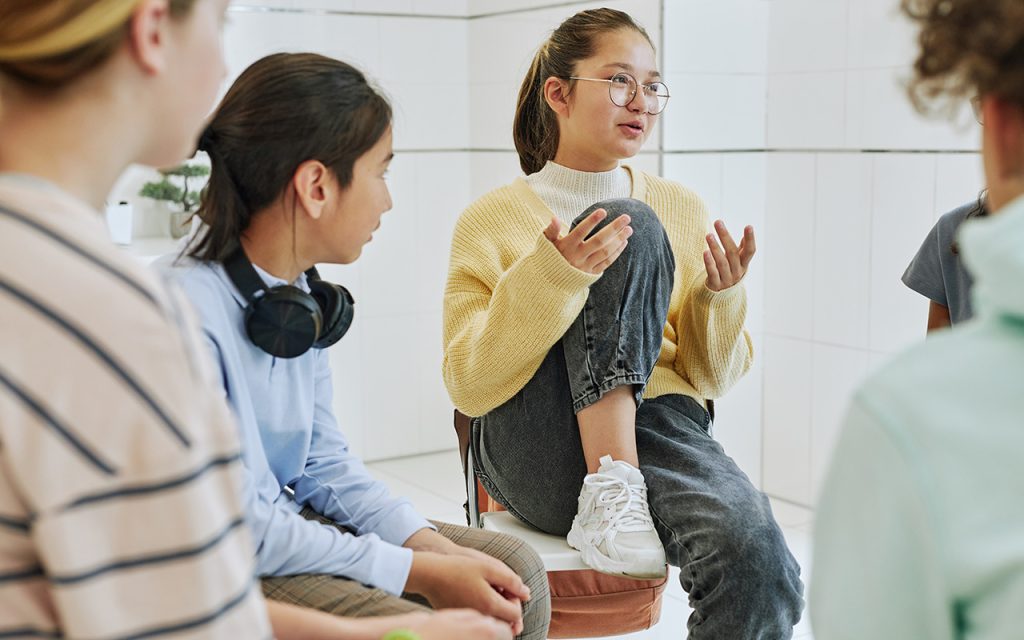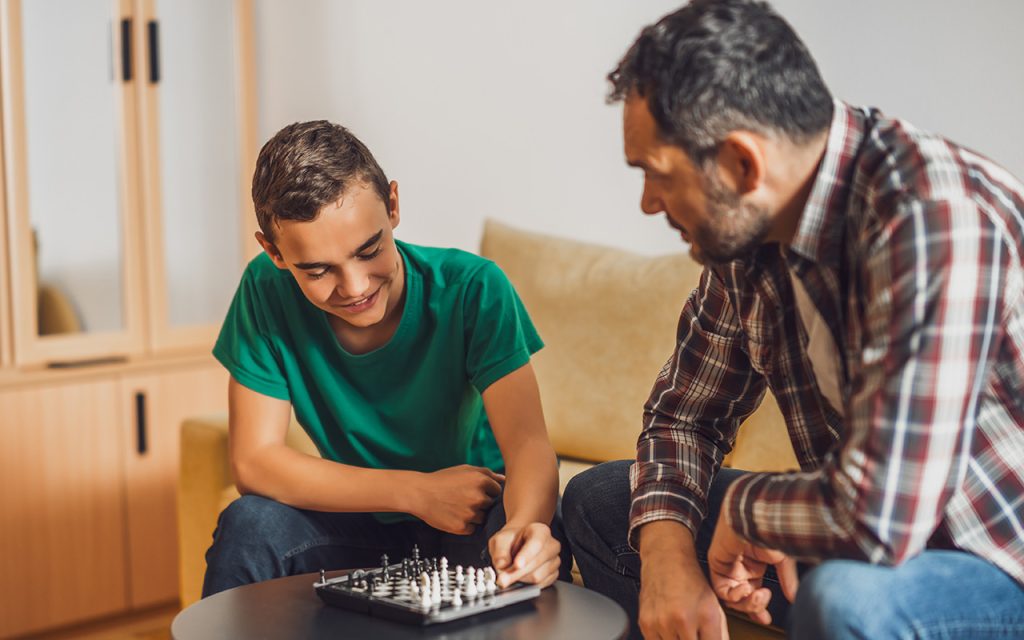
Soft skills, also known as core skills, common skills, power skills, or essential skills, are now recognised as essential abilities for success in the professional world. In contrast to hard skills, which are specific to particular professions or industries, soft skills are versatile and applicable across all areas of work.
Examples of soft skills include communication, time management, teamwork, accountability, creativity, decision-making, problem-solving, goal setting, and work ethic. While we naturally acquire more skills with time and experience, there is a foundational set that is essential as young adults transition from school to the working world.
Building up soft skills
Accumulating soft skills is a lifelong journey that starts from birth and has many influences. These skills are acquired indirectly as we interact with our family and progress through the educational system. They are impacted through modeling behaviours of adults and peers, exploring the world we live in, through our educational experiences and more. We should be seeking to help children build interpersonal skills with siblings, cousins, neighbours, friends, community members and classmates, while also helping them develop analytical thinking and problem solving through puzzles, brain games and other activities.

The impact of COVID-19 on soft skill intake
During the upheaval of COVID-19, many of us pushed our existing soft skills to new levels to navigate the unfolding challenges of the global pandemic. These included self-motivation, adaptability, trust-building, and nonverbal communication. As we approach the five-year mark since the start of the pandemic, we now know how our interpersonal skills had to evolve in response to the uncertainty. Young minds were just as impacted by these developments.
It’s clear employers have put a strong emphasis on soft skills. Looking at a review by CSIRO of more than 12 million job advertisements published post-COVID, the research revealed that job postings allowing for remote work were 1.2 times more likely to emphasise the importance of interpersonal skills compared to those for in-person positions – pointing a spotlight on the value of these new and adaptable abilities.

Can parents help teach soft skills?
Parents can help develop communication skills through encouraging open dialogue and creating an environment where children feel comfortable expressing their thoughts and feelings, as well as actively listening. This should begin at a very early age and can be strengthened by allowing children to have some decision-making opportunities. Let kids plan a game night, decide which of the Peninsula’s park to visit, plan a day out in the Melbourne CBD or create an itinerary for an upcoming family holiday. Help kids develop problem-solving skills by asking open-ended questions and letting them navigate a map.
There is no right and no wrong with soft skills It is important to note that it is not as much about acquiring skills as it is helping children and young adults improve them. Soft skills are a spectrum where everyone has a differing level of motivation – the trick is to improve that level. The primary soft skill could arguably be ‘curiosity’– the healthy search for knowledge. It is in this place that you will help your children to pick up and develop the soft or human skills they need to function at an optimum level. After all, there is nothing ‘soft’ about these amazing skills.
Maria Sarina is a dedicated mental health advocate with extensive academic credentials. She currently serves as the Coordinator of Counselling and Care Centre Manager at ACC Marsden Park. She is also the Director and Founder of Friendship Centre Counselling Services, an organisation offering free mental health support through a network of over 700 volunteer counsellors and 70+ placement students from leading Australian universities.

